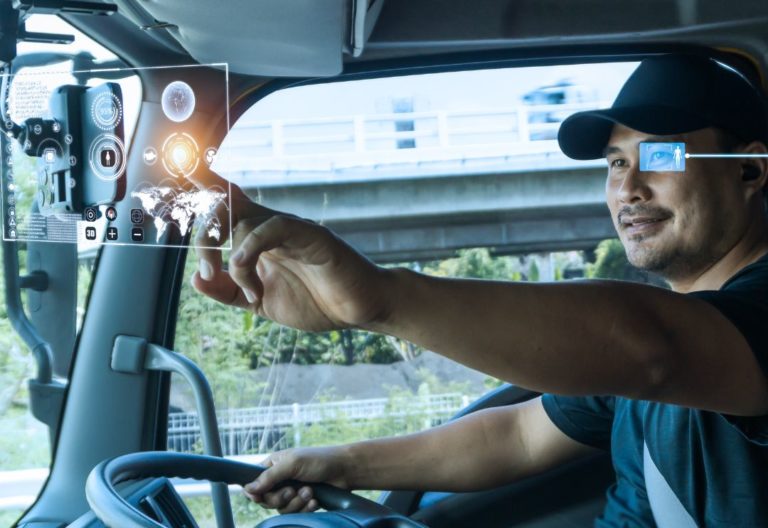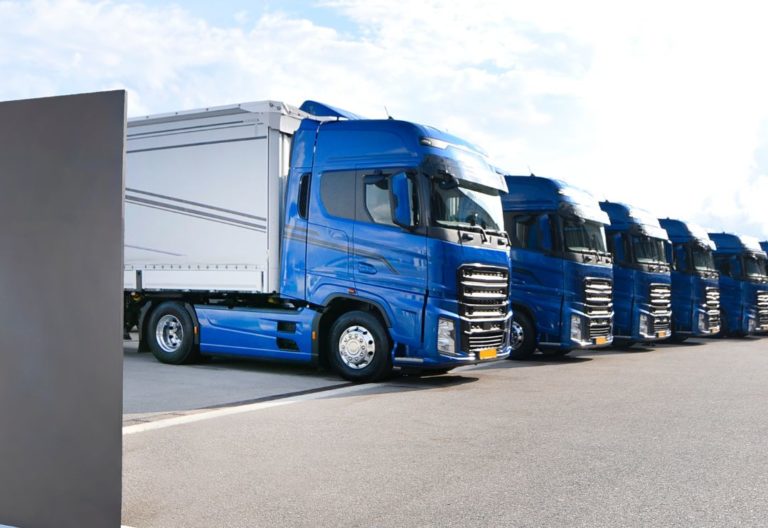In the realm of logistics, the cold chain is a critical component that ensures the safe and efficient transportation of temperature-sensitive goods.
As Australia’s demand for perishable goods continues to rise, the use of GPS tracking technology in cold chain logistics becomes indispensable.
This article explores the multifaceted role of GPS tracking in optimizing cold chain logistics across the vast and diverse landscapes of Australia.
Understanding the Cold Chain Logistics Landscape in Australia
The Significance of Cold Chain Logistics
Australia, with its expansive geography and diverse climate zones, poses unique challenges to the cold chain logistics industry. The cold chain is crucial for preserving the quality and safety of perishable goods, including pharmaceuticals, food products, and biotechnological materials, as they move through the supply chain from production to consumption.
Industry Sectors Relying on Cold Chain Logistics
Key industry sectors reliant on cold chain logistics in Australia include agriculture (especially in the transport of fresh produce), pharmaceuticals, food and beverage, and the healthcare sector. The integrity of the cold chain is not only a matter of efficiency but is directly tied to regulatory compliance and public health.
The Role of GPS Tracking in Cold Chain Logistics
Real-Time Monitoring of Temperature Conditions
GPS tracking devices equipped with temperature sensors play a pivotal role in real-time monitoring of temperature conditions within refrigerated containers. This capability ensures that perishable goods are maintained within specified temperature ranges throughout the entire journey, safeguarding their quality and safety.
Geofencing for Route Compliance
Geofencing technology allows logistics managers to create virtual boundaries along the route. This ensures that drivers adhere to pre-determined routes and stops, minimizing the risk of temperature excursions and ensuring that the cold chain remains intact. Geofencing also aids in optimizing routes for efficiency and timeliness.
Remote Monitoring and Alerts
Advanced GPS tracking systems provide remote monitoring capabilities, enabling logistics managers to receive real-time alerts in case of temperature fluctuations or other anomalies. Immediate notification allows for prompt intervention, helping prevent potential damage to sensitive cargo and ensuring compliance with temperature-sensitive regulations.
Enhancing Cold Chain Visibility and Traceability
End-to-End Visibility
“GPS tracking systems provide end-to-end visibility into the cold chain logistics process. From the moment goods leave the production facility to their arrival at the destination, logistics managers can track and trace the entire journey. This transparency is crucial for identifying potential issues and optimizing the overall efficiency of the supply chain.”
![]()
Data Logging and Reporting
GPS tracking devices equipped with data logging capabilities capture and store detailed information about temperature conditions, transit times, and geolocation. This data is instrumental in generating comprehensive reports that not only aid in regulatory compliance but also serve as valuable insights for process optimization and performance evaluation.
Historical Data Analysis for Continuous Improvement
The accumulation of historical data over time allows logistics managers to conduct in-depth analysis. This analysis helps identify patterns, assess the performance of specific routes or carriers, and implement continuous improvement strategies. Historical data also serves as a valuable tool during audits or quality assurance processes.
Overcoming Challenges in the Australian Context
Remote and Harsh Environments
Australia’s vast and remote landscapes, coupled with extreme weather conditions, present logistical challenges. GPS tracking systems with robust connectivity options, such as satellite tracking in addition to cellular networks, ensure continuous coverage even in remote areas, overcoming communication challenges.
Compliance with Regulatory Standards
The cold chain logistics industry in Australia is subject to stringent regulatory standards, especially concerning temperature control. GPS tracking technology not only aids in complying with these standards but also provides a documented trail of adherence, simplifying regulatory audits and inspections.
Integration with Other Technologies
To enhance overall efficiency, GPS tracking systems are often integrated with other technologies. This includes RFID (Radio-Frequency Identification) for item-level tracking, IoT (Internet of Things) sensors for monitoring additional environmental parameters and blockchain for secure and transparent data sharing across the supply chain.
Improving Fleet Management and Operational Efficiency
Route Optimisation for Time and Fuel Efficiency
GPS tracking systems contribute to route optimisation by providing real-time traffic updates and suggesting alternative routes to avoid delays. This not only ensures timely deliveries but also optimizes fuel consumption, contributing to cost savings and reducing the carbon footprint of cold chain operations.
Predictive Maintenance for Fleet Reliability
Integrated GPS tracking systems with predictive maintenance capabilities help anticipate and address potential issues before they escalate. By monitoring the health of vehicles and refrigeration units, logistics managers can schedule maintenance proactively, reducing the risk of breakdowns and minimizing disruptions to the cold chain.
Driver Performance Monitoring
GPS tracking devices are equipped to monitor driver behaviour, including speed, braking patterns, and adherence to schedules. This data aids in optimizing driver performance, enhancing safety, and contributing to the overall efficiency of cold chain logistics operations.
Future Trends and Innovations
Integration with AI and Machine Learning
The integration of GPS tracking with artificial intelligence (AI) and machine learning (ML) is on the horizon. This evolution will enable predictive analytics for even more precise temperature control, route optimization, and proactive issue resolution.
Blockchain for Enhanced Security
The adoption of blockchain technology in conjunction with GPS tracking holds the potential to enhance security and transparency within the cold chain. Blockchain ensures the integrity of data, reduces the risk of tampering, and facilitates secure data sharing among stakeholders.
Expansion of Autonomous Technologies
The future may witness increased integration of autonomous technologies in cold chain logistics. This includes autonomous vehicles equipped with GPS tracking systems and AI for improved route planning, safety, and overall efficiency.
Conclusion
As Australia’s cold chain logistics industry continues to evolve, the integration of GPS tracking technology emerges as a cornerstone for ensuring the integrity of the supply chain. From real-time temperature monitoring to end-to-end visibility and data-driven decision-making, GPS tracking systems play a pivotal role in overcoming challenges and optimizing operations. As technology advances and new innovations come to the forefront, the cold chain logistics industry in Australia is poised for a future where precision, efficiency, and sustainability go hand in hand, ensuring the safe and reliable delivery of temperature-sensitive goods across the vast landscapes of this continent.





